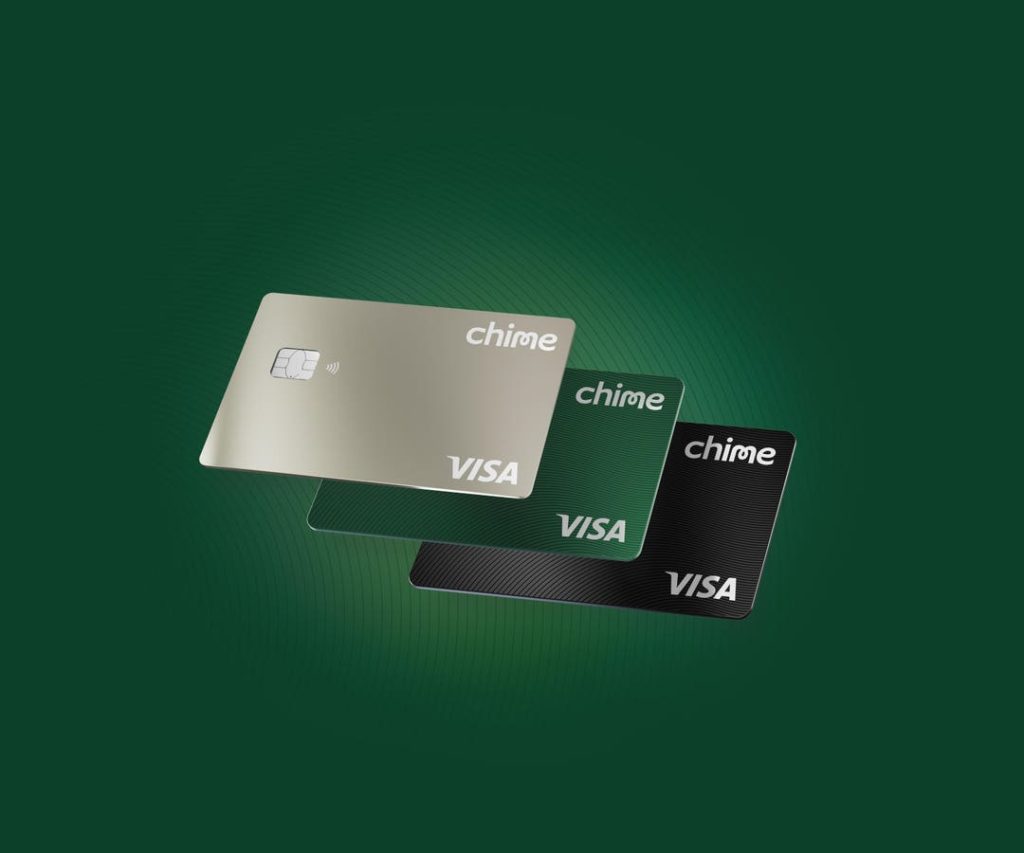Chime Introduces Rewards Credit Card, Expanding Its Digital Banking Offerings
In a significant move to enhance its product lineup, Chime, America’s largest digital bank, has finally entered the rewards credit card market. The newly announced card offers 1.5% cash-back rewards on popular spending categories including groceries, restaurants, and gas stations, with the flexibility to adjust these categories quarterly. This launch represents Chime’s strategic expansion beyond its initial services as it seeks to compete more broadly in the financial services landscape.
The offering is structured as a secured credit card, requiring customers to maintain funds in their Chime checking account that serve as their spending limit. This approach has become increasingly popular for consumers with limited or challenged credit histories who are working to build or improve their credit scores. Unlike traditional secured cards from competitors like Capital One and Discover that allow customers to carry balances and charge interest, Chime’s card requires full payment each month. This design aligns with Chime’s broader philosophy of providing straightforward financial products without hidden fees or complex terms. The company’s original “Credit Builder” secured card, launched during the pandemic in 2020, has already proven popular, with more than one-third of Chime’s 8.7 million active customers using the product according to regulatory filings.
Chime’s business strategy stands in sharp contrast to traditional banks like American Express and JPMorgan Chase, which increasingly focus on premium cards with annual fees reaching as high as $795. Instead, Chime continues targeting middle-income Americans with no-fee or low-fee products. Since its 2012 founding, the company has steadily expanded from its initial offering—providing early access to paychecks—to a comprehensive suite of financial services including savings accounts, small loans, personal loans, and paycheck advances. The company has successfully encouraged customer loyalty by requiring direct deposit for access to many of its features, effectively positioning its app as a primary banking solution for millions of Americans.
The financial model behind Chime’s business relies heavily on interchange fees—the approximately 2% that merchants pay when consumers use their cards. Because credit card transactions generate higher interchange fees than debit transactions under Visa and Mastercard’s rules, offering rewards on the secured credit card creates a more profitable revenue stream for Chime than its debit products. The new rewards card comes in standard black or green plastic at no cost, with a premium titanium option available for $50 plus tax. This tiered approach to card design reflects Chime’s understanding that some customers “want to display a certain amount of progress they’re making in their lives,” according to Chief Marketing Officer Vineet Mehra. This strategic positioning suggests Chime is attempting to attract more affluent customers, potentially expanding its target market to include those earning up to $100,000, as indicated in recent regulatory filings.
Chime’s rewards structure allows cash back to accumulate every nine days, though rewards are forfeited if the card is closed. Existing Credit Builder cardholders can upgrade to the new rewards card through the Chime app. Though Chime operates without a traditional bank charter, it issues cards through its banking partners, Bancorp and Stride. The company began distributing the new cards to select customers in August and plans a continued rollout in the coming months. While innovative, Chime isn’t alone in the secured rewards card market. Competitors include Discover’s secured card offering 2% cash back on gas and groceries (up to quarterly spending limits) plus 1% on other purchases, with a 27.24% APR, and Capital One’s Quicksilver secured card providing 1.5% unlimited cash back with a 29.74% APR. Other established financial institutions and fintech startups including Bank of America and Self have also entered this growing market segment.
For Chime, which went public in June 2023, the new rewards card represents an important growth initiative as the company faces investor scrutiny. Despite exceeding analyst expectations for revenue and profit in its first earnings call, Chime’s stock dropped 15%, likely reflecting concerns about slowing customer acquisition. Currently trading approximately 10% below its $27 debut price, with a market value of $9 billion, Chime is betting that expanded product offerings like the rewards credit card will help reinvigorate growth and strengthen its position in the competitive digital banking landscape. As more Americans seek alternatives to traditional banking relationships, Chime’s evolution from a specialized fintech startup to a comprehensive digital financial services provider illustrates the continuing transformation of the banking industry.









